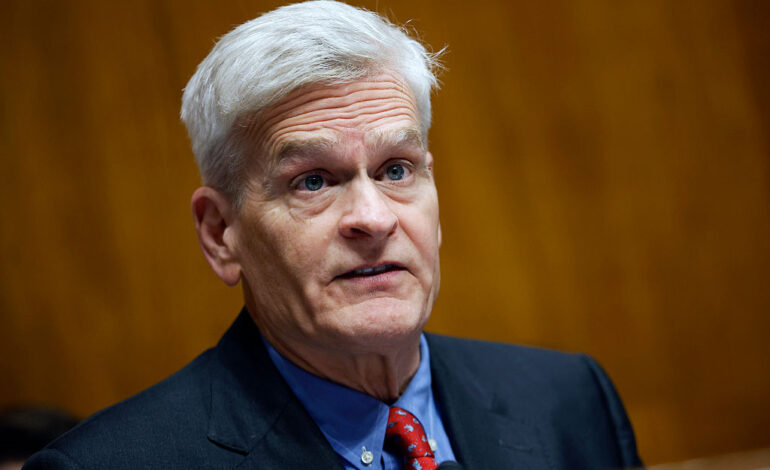Senator Cassidy Voices Concerns Over Hepatitis B Vaccine Schedule Change

Republican Senator Bill Cassidy of Louisiana has raised concerns regarding potential changes to the hepatitis B vaccine schedule for infants in the United States. This reaction comes as a panel of federal vaccine advisers, overseen by Secretary of Health and Human Services Robert F. Kennedy Jr., is set to convene on December 4, 2023, to discuss the vaccination schedule.
Senator Cassidy’s skepticism is rooted in the belief that the hepatitis B vaccine and its components, particularly aluminum, have been proven to be safe. He argues that any alterations suggested by the advisory panel may stem from a misunderstanding of hepatitis B epidemiology or from complacency regarding the success of existing vaccination recommendations.
The agenda for the Centers for Disease Control and Prevention’s (CDC) Advisory Committee on Immunization Practices will include discussions on “vaccine safety,” the childhood and adolescent immunization schedule, and specifically hepatitis B vaccines. The potential removal of aluminum from the vaccine or any subsequent warnings could have significant implications for various childhood vaccinations, including DTaP, hepatitis A and B, HPV, pneumococcal, and meningitis vaccines.
While it remains uncertain what other changes may be proposed during the upcoming meeting, it is noteworthy that the administration of former President Donald Trump has previously advocated for separating the combined measles-mumps-rubella vaccine into three individual shots.
As a physician and chair of the Senate Committee on Health, Education, Labor and Pensions, Cassidy has witnessed the consequences of vaccine-preventable diseases in his medical practice. He stated, “I want to make America healthy,” emphasizing that halting proven vaccination recommendations does not align with that goal. Data indicates that the hepatitis B vaccine, administered at birth, has led to a reduction of chronic hepatitis B cases by approximately 20,000 over the past two decades.
Since the recommendation for infants to receive their first hepatitis B vaccine dose within 24 hours of birth was implemented in 1991, the benefits have been substantial. Reports from the National Foundation for Infectious Diseases (NFID) highlight that this vaccination strategy has prevented over 500,000 childhood infections and reduced infant hepatitis B cases by 95 percent.
As the advisory panel prepares for its discussions, the outcome could influence vaccination practices and public health strategies in the United States. The implications of any changes to the hepatitis B vaccine schedule are significant, not only for public health but also for the ongoing dialogue surrounding vaccine safety and efficacy.






